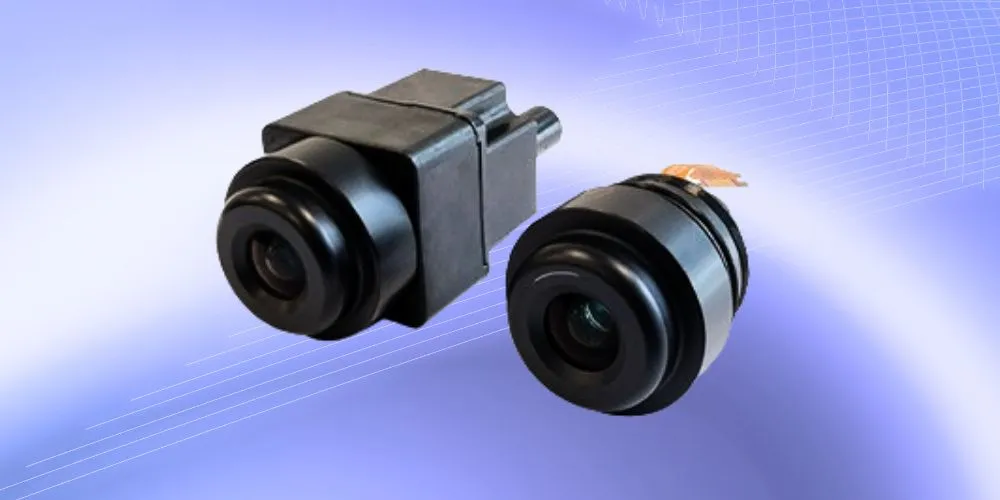Key Points:
- Samsung Electro-Mechanics to mass produce advanced “weatherproof” camera modules for automobiles.
- Innovations include water-repellent lens coating, lens heating technology, and hybrid lens materials for enhanced durability and performance.
- Samsung anticipates a steady increase in its sales share of automotive camera modules.
- The company plans to explore opportunities in the robotics industry with its camera module technologies.
Samsung Electro-Mechanics announced its plans to mass-produce innovative “weatherproof” camera modules designed with cutting-edge water-repellent capabilities and automobile heating features later this year. The move aims to cater to the rising demand for enhanced image quality in automotive assistance features and the advancement of autonomous driving technology, positioning Samsung as a key player in the camera module industry.
Kwak Hyung-chan, principal engineer at Samsung Electro-Mechanics, highlighted the critical role of reliable camera sensors in car safety, emphasizing the growing demand for high-end automotive cameras. Unlike conventional IT device cameras, automotive camera modules require superior durability and weather resistance to ensure optimal performance under extreme conditions.
Among Samsung’s advancements, its water-repellent lens coating offers superior durability and a longer lifespan than traditional products. The coating boasts enhanced water-repellency angles, making it more effective in removing water droplets and significantly reducing wear from dust, dirt, and scratches. Moreover, Samsung’s lens coating exhibits a lifespan of over six times longer than that of existing products.
To address potential issues caused by frost or snow during winter, Samsung has developed innovative lens heating technology, enabling rapid melting within one minute, surpassing competitors’ products. Additionally, Samsung introduced a hybrid lens that combines the strengths of glass and plastic, promising enhanced durability, resistance to temperature variations, and improved productivity.
Another breakthrough is the world’s first all-weather camera module, equipped with an iris for adjusting light intake and designed to operate flawlessly in extreme temperatures. Samsung anticipates the adoption of multiple cameras per vehicle to increase significantly in the future, aiming to innovate and expand its market presence continuously.
With these advancements, Samsung Electro-Mechanics forecasts a steady rise in the share of automotive camera modules in its sales, from approximately 10% in 2023 to around 24% by 2025. Additionally, the company plans to explore opportunities in the robotics industry, leveraging its camera module technologies to meet the demand for vision systems in robotics applications.





